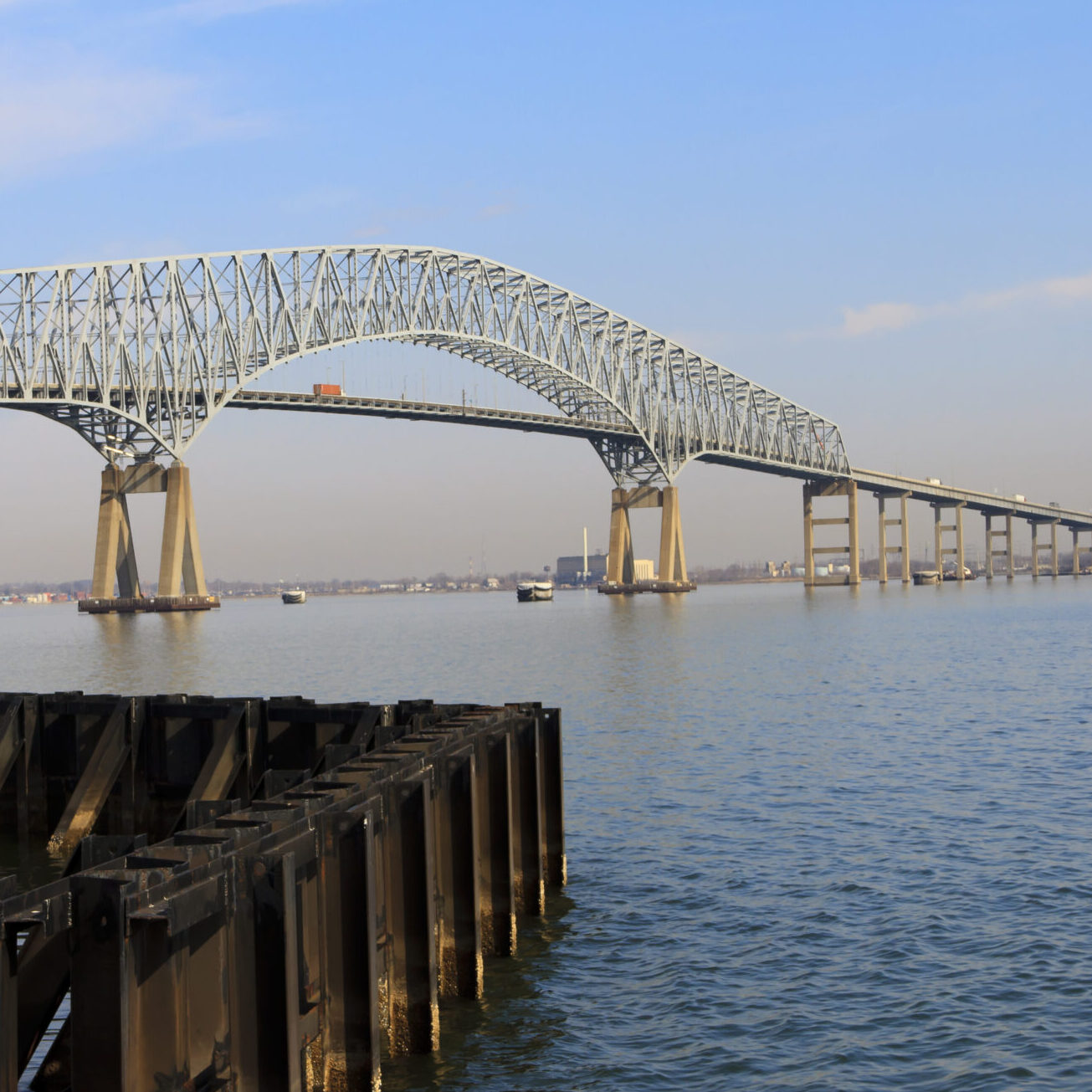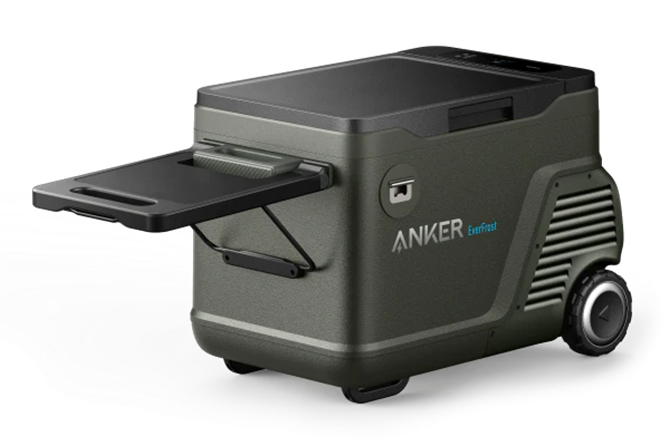
The Made Whole Doctrine is Alive and Well in Virginia
Overview | Blog Posts | Subrogation & Recovery | Scott Hefner | Related | Print | Share
November 4, 2022
While the Virginia Supreme Court has never addressed the made whole doctrine by name, a recent federal district court opinion has declared the made whole doctrine “is alive and well in the Commonwealth.” Sustainable Sea Products International, LLC, et al. v. American Empire Surplus Lines Ins. Co., et al. 2022 WL 3573247, *6 (E.D.Va) (2022). In Sustainable, the insured sought, among other things, a declaration from the court that it could recover all of its uninsured losses before its property insurer, American Empire Surplus Lines Insurance Company, could recover any amount in subrogation. Put differently, the insured argued it was entitled to be “made whole” before American Empire recovered anything from any at-fault party.

Before delving into the Sustainable opinion, a short primer on the made whole doctrine is in order. The made whole doctrine is an equitable principle, meaning its primary concern is fairness. The doctrine holds that an insurer cannot enforce its right of subrogation until the insured has been fully compensated for its losses. Because the insured has paid a premium to its insurer to bear the risk of loss, to the extent a party must go unpaid for the loss, it is only fair that the insurance company be the party that goes unpaid. In most jurisdictions, the insurer and insured can eliminate the application of the made whole doctrine by the terms of the insurance policy.
In Sustainable, the insured owned and operated a seafood processing plant in Richmond, Virginia. The insured purchased property insurance for the plant from American Empire. The plant was subsequently destroyed by fire. After the fire, there was a dispute between the insured and American Empire about the scope of American Empire’s contractual liability to the insured under the policy.
American Empire argued that the made whole doctrine does not apply in Virginia, and even if it did apply, the subject insurance policy precluded the application of the doctrine. The court rejected American Empire’s assertion that the made whole doctrine is not recognized in Virginia. While noting the doctrine had never been referenced specifically by name by the Virginia Supreme Court, the court found the rationale for the doctrine has long been embraced by Virginia courts.
The court also rejected American Empire’s argument that the subject insurance policy eliminated the application of the made whole doctrine. The court acknowledged that because the made whole doctrine is a default rule, it is possible in Virginia to contract around the rule. However, to override the doctrine, the policy must be specific in establishing both a priority to the funds recovered and a right to any full or partial recovery.
The court concluded that the subject insurance policy’s boilerplate subrogation provision was insufficient to alter the made whole doctrine. The boilerplate policy provision simply transferred the right of recovery to American Empire to the extent of American Empire’s payment. It did not set a priority of recovery or provide any guidance in the event of a full or partial recovery. Ultimately, the Court held that the subrogation provision in the subject policy did not preclude the application of the made whole doctrine.
To avoid disputes with their insureds on the front end, insurers issuing policies in Virginia should consider updating their coverage forms to spell out the priority of any recovery and what happens in the event of a full or partial recovery. Following the loss, an insurer and an insured can alter the made whole doctrine by way of a joint prosecution agreement.
To position itself for a recovery, it is often critical that the insurer has a good working relationship with its insured. This is never truer than in the frantic time shortly after the loss. Recovery is easier and often more successful with the insured and insurer working together and not competing with each other. To the extent insurers can address the made whole doctrine and the priority of recovery in the policy itself prior to the loss, they would be well served to do so.



